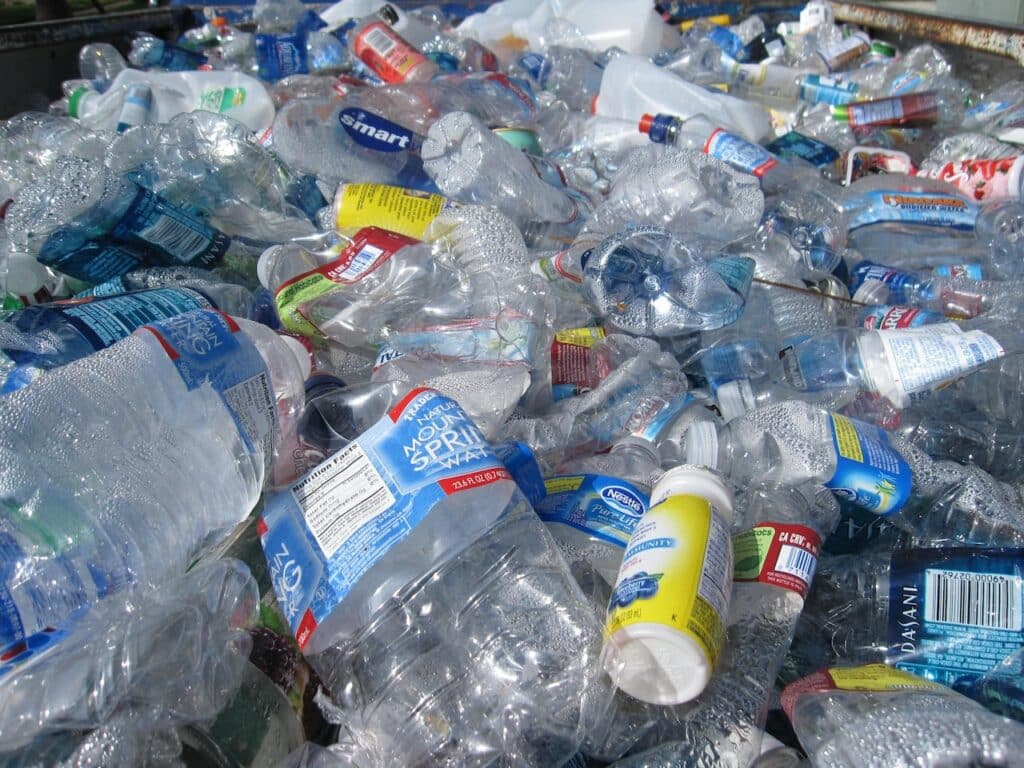There are many harsh chemicals that we come in contact with every day. Those affected by kidney disease deal with other acute physiological disorders, so exposure to harsh chemicals affect their health system more than average. There are a few common chemicals that are harmful, but avoidable if you know where they are, and how to best avoid them.
PFAs
PFAs are a large group of manufactured chemicals. They are often found in stain and water repellent fabrics, polishes, nonstick cookware, and food packaging. Children are more affected by these chemicals than adults are, so it is wise to be aware of how much, and how often you expose yourself and your children to these elements.
To avoid excessive exposure to them stay away from:
Many companies are looking to use safer alternatives to these PFAs, but be aware that these are chemicals that do not break down in a natural environment, but rather accumulate. So it is very difficult to avoid them entirely, you can minimize your contact with them.
Pesticides
Pesticides are used widely on vegetables and fruits to kill insects, but they are also found in bug sprays. If you’re concerned about bug sprays, then you can try one of the optional natural bug sprays or soaps on the market. You can also opt for organic fruits and vegetables in order to minimize your exposure to pesticides, especially those that contain DEET.
Whenever you can, use organic or locally-grown fruit and vegetables (or grow your own). Before eating any fruit or vegetables, wash them thoroughly with a gentle vegetable soap, or warm water to reduce the amount of residual pesticides. The skins are often the most nutrient-packed part of the vegetable or fruit, but also the most contaminated.
Look for non-toxic methods to manage insects in your own home or garden. That would relieve not only your home from pesticides, but you from the pressure that you aren’t investing in the most basic safety measures to protect yourself, your children, or any family pets.
Introduce a no-shoes policy in your home. You don’t know where they have been, and if they have simply walked across grass, it is likely that they have residual pesticides on their shoes. Taking shoes off at the door stops those from being carried onto your floors and carpets.
Phthalates
Phthalates are what makes plastic pliable, and can leak into your food or drink when you store them in plastic containers. Especially when the plastic is heated, microwavable plastic containers can leach the chemicals into your food. If you can, use glass or metal containers for your food and drink as much as you can instead of plastic.
It is difficult to avoid phthalates altogether, but you can limit your exposure. It can be hard to work out which plastics contain them, as they won’t be on an ingredients list. You can spot them using recycling codes, however; if a plastic item has recycling codes 3 or 7, then it is likely to contain phthalates. Instead, look for recycling codes 1, 2, or 5.
Avoid giving your children any hand-me-down plastic toys. Many types of phthalates are now banned from items for children, which was not always the case, so older toys may still contain them. Instead buy new, or take hand-me-downs made of fabric or wood.
Avoid plastic packaging whenever you can, and avoid using plastic at home. Look into plastic-free alternatives, such as fabric lunch bags, or beeswax wraps instead of using plastic wrap for your lunch.
How To Avoid Chemicals
Educate yourself on what chemicals you might be exposed to on a daily basis to avoid aggravating your kidney disease, and to improve your general health. Avoidance gives your body the added measure of resistance it needs to fight for your health.
Be proactive about maintaining a proper nutritious diet, and manage the chemicals that you cannot avoid. Seek advice from a nutritionist to find out about nutrition therapy, and how it can fortify your efforts against insidious chemicals.

